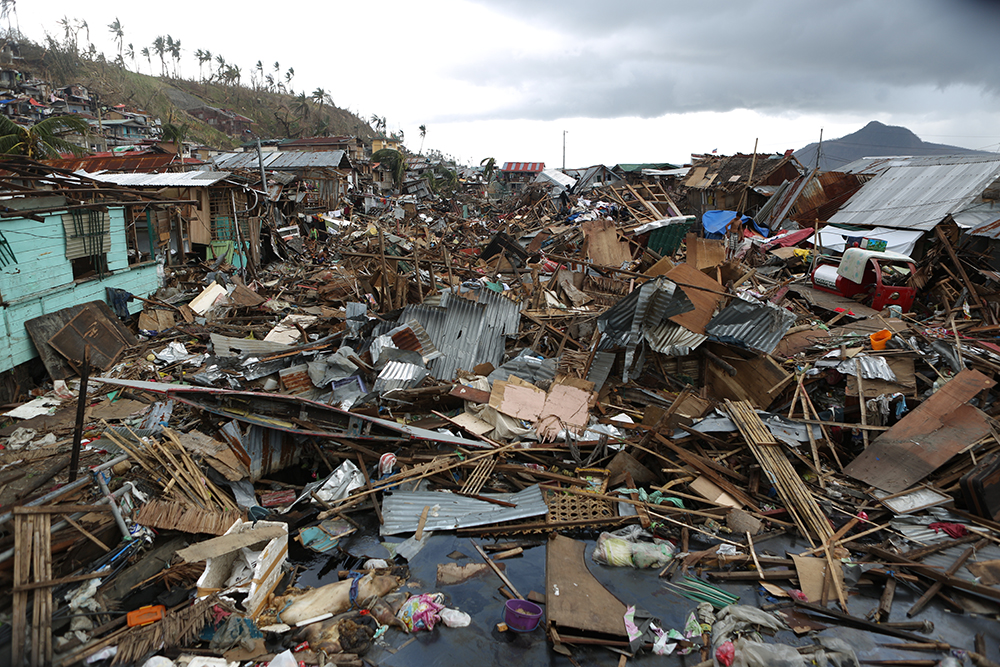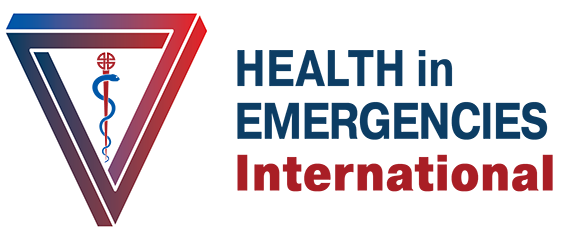Specialist areas


Disaster Epidemiology
As the risk from emergency, catastrophic and disaster events increase for people in all countries, new approaches and applications from the field of epidemiology are essential to help guide health service response and policy to mitigate the changing risk for all people.
Successfully improving the effectiveness of disaster health risk assessment, treatment and care, and health protection will depend on the speed and application of innovating healthcare plans, approaches and service delivery models. This includes utilising multi-dimensional health-risk monitoring data to plan emergency, disaster and climate change event responses and designing new modes of analysing disaster risk and improving quality dimensions of care.
The greatest challenge for health systems universally is using this imperative as the opportunity to innovate, design and test new approaches that enhance disaster response effectiveness now and into the future. Health in Emergencies International actively advocates and supports international cooperation of all stakeholders to advance four specialist tasks necessary to improve emergency and disaster preparation, response and recovery.
- Development of hazard-specific health impact models to transform healthcare planning and response to future-forward health risk management strategies.
- Development of standardized exposure monitoring methods and patient outcome data to correlate patient exposure and health impact.
- Develop localised context-specific natural hazard epidemiological profiles, measuring environmental exposure variables in affected populations, and methods to stratify vulnerability of populations according to local risk.
- Develop applications from epidemiological hazard and vulnerability profiles to enable health services to prepare and manage future service-demand dynamics and the effects from compounding health emergency, disaster and climate change scenarios.
Health Emergency and Disaster Risk Management Research (Health EDRM)
The WHO Thematic Platform for Health Emergency and Disaster Risk Management Research Group (Health EDRM) was established following the 2016 workshop recommendations of international scholars working in fields of health and disaster risk reduction. The intention of creating a thematic platform was to guide future research, promote collaboration and improve the quality of scientific evidence to inform health policy and practice for managing risks from public health emergencies and disaster events.1
Following an extensive process of consultation, collaboration, and review, the WHO published a comprehensive resource to support and guide methods for research on health emergencies and disasters. The 2021 publication provides a practical guide about conducting research of disaster events including key areas of identifying populations at risk, standardized needs assessments, standardization of evaluation methodologies and reporting systems for countries, communities and specific events.2
Health in Emergencies International acknowledges and supports the vital role played by the WHO in disaster risk reduction and openly encourages the use of methods and methodologies discussed in the Health EDRM Research guidance book.
- wkc.who.int/our-work/health-emergencies/research-methods


